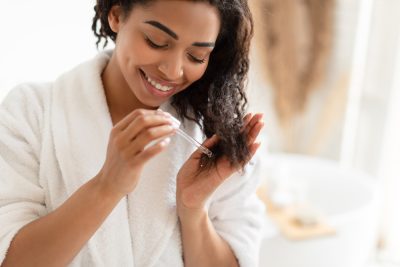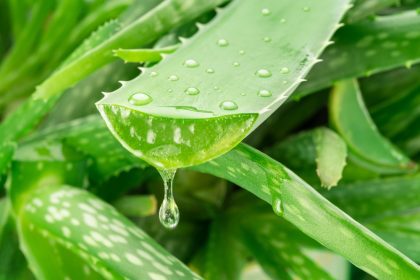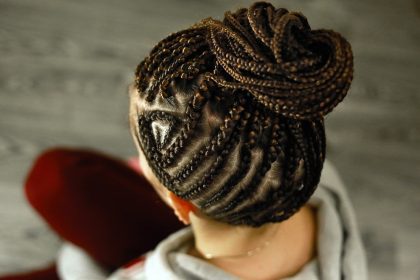The winter months can wreak havoc on lips, causing painful cracks, chapping, and discomfort. As temperatures drop and indoor heating systems run constantly, finding effective solutions becomes essential for maintaining healthy, comfortable lips. Understanding which products and natural remedies work best can make a significant difference in preventing and healing winter lip damage.
The power of natural lip balms
Not all lip balms provide equal protection against winter’s harsh conditions. The most effective ones contain natural emollients like beeswax, shea butter, and cocoa butter. These ingredients create a protective barrier that locks in moisture while allowing lips to breathe.
Natural oils such as coconut and jojoba deliver deep hydration through essential fatty acids, reinforcing the lips’ natural protective barrier. For best results, apply balm every few hours, especially after eating or drinking. Avoid products containing artificial fragrances or dyes, which often cause further irritation in sensitive winter skin.
Aloe vera’s healing properties
While commonly associated with sunburn relief, aloe vera proves equally effective for winter lip care. This versatile plant contains powerful anti-inflammatory compounds that reduce redness and irritation while promoting healing through its rich combination of vitamins, enzymes, and minerals.
Fresh aloe gel applied directly to the lips provides immediate soothing relief. For convenience, pure aloe vera gel products work well, though it’s important to choose versions with minimal additives. Apply a thin layer to clean lips, allowing it to absorb before following with a protective balm. Regular application helps prevent further damage while supporting the healing process.
The overnight protection of petroleum jelly
Petroleum jelly remains one of the most effective barriers against moisture loss, particularly when used as an overnight treatment. While it doesn’t add moisture itself, it excels at sealing in hydration from other products, creating an protective shield against dry indoor air.
For maximum benefit, layer petroleum jelly over a hydrating product. Apply a thin layer of moisturizing balm first, then seal it with petroleum jelly before bed. This combination allows lips to repair themselves overnight while protected from moisture loss, resulting in noticeably softer lips by morning.
Honey’s natural healing power
As a natural humectant, honey draws moisture from the air into the lips while providing antibacterial properties that support healing. Its rich antioxidant content helps protect delicate lip tissue from further damage, making it particularly valuable for severely chapped lips.
Apply a thin layer of raw honey to clean lips for 15-20 minutes before gently removing it. For enhanced benefits, mix honey with a drop of coconut or olive oil. This treatment works particularly well as part of an evening routine, allowing the healing properties to work overnight.
Coconut oil’s deep moisturizing effects
Coconut oil penetrates deeply into lip tissue, providing lasting hydration through its unique fatty acid composition. Its solid-at-room-temperature nature makes it easy to apply, while its natural antibacterial properties help protect damaged lips from infection.
Use coconut oil alone or as a base layer under other products. Its versatility allows for various applications – from quick daytime moisture boosts to intensive overnight treatments. For enhanced benefits, warm a small amount between clean fingers before applying to ensure even coverage and maximum absorption.
Maintaining healthy winter lips
Beyond these remedies, several practices support lip health during cold months:
Proper hydration plays a crucial role in maintaining lip moisture from within. Drinking adequate water throughout the day helps combat the drying effects of winter air and indoor heating. Using a humidifier in sleeping and working spaces adds moisture to dry indoor air, reducing lip dehydration.
Gentle exfoliation helps remedies penetrate more effectively by removing dead skin cells. However, limit this practice to once or twice weekly using very gentle methods to avoid further irritation. Most importantly, resist the urge to lick dry lips, as this temporary relief leads to increased dryness as saliva evaporates.
Creating a winter lip care routine that incorporates these treatments helps maintain soft, comfortable lips throughout the season. Consistency in application and protection makes a significant difference in preventing and healing winter lip damage. With proper care and attention, maintaining healthy lips becomes manageable even in the harshest winter conditions.
This story was created using AI technology.








